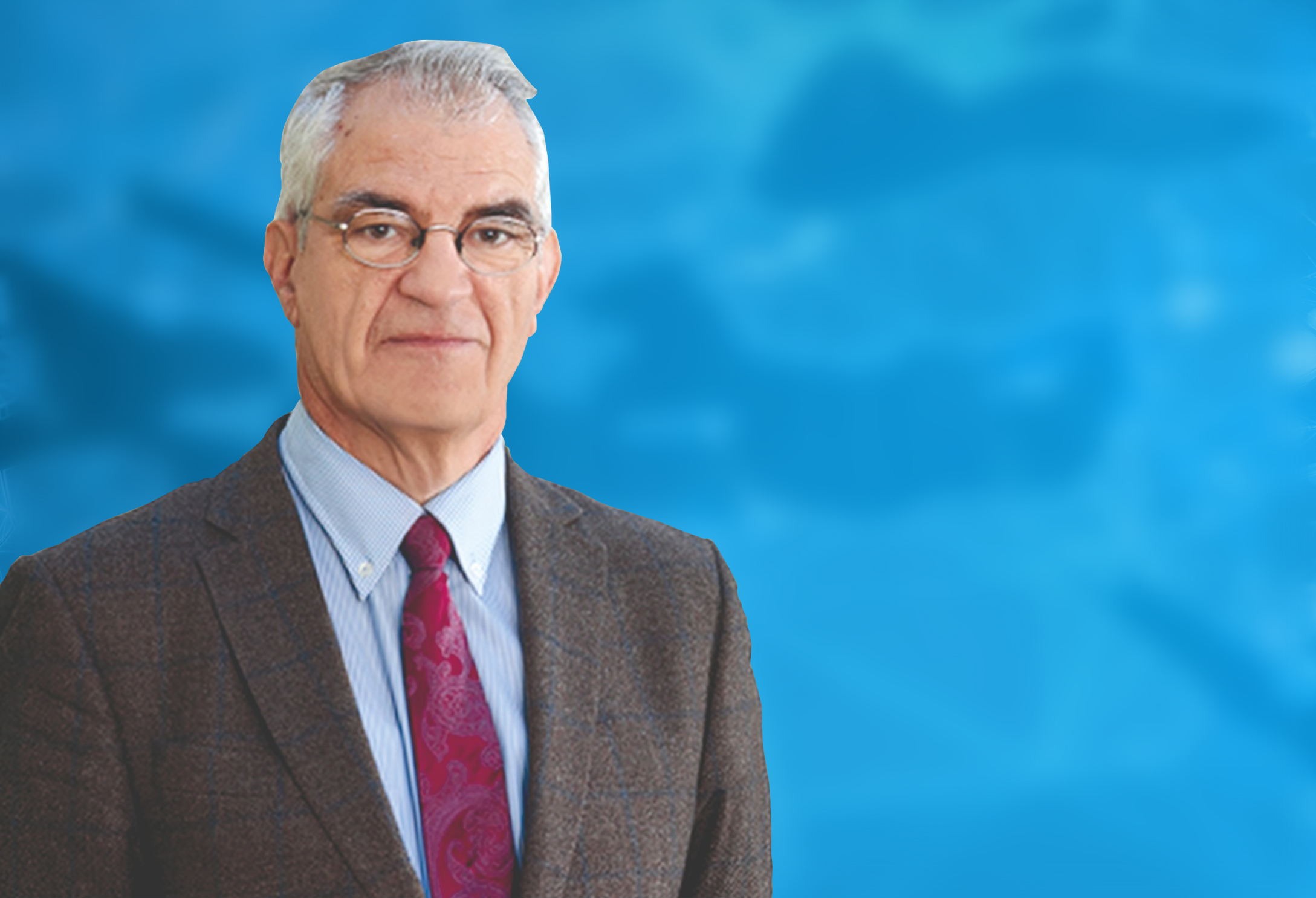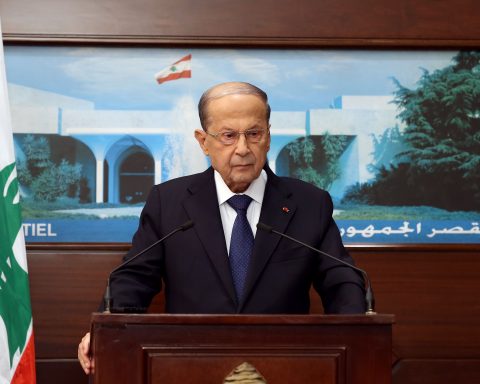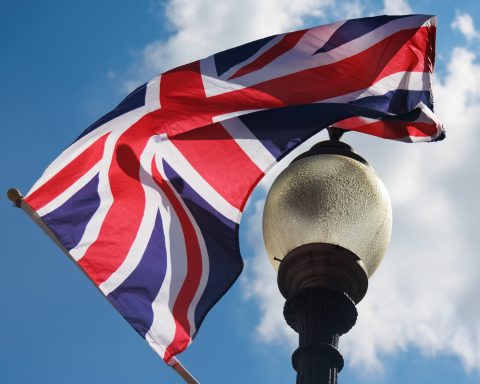Abdennour Toumi: With the ongoing Russia-Ukraine war, could you tell us how the relations between Moscow and Beijing would go from China’s perspective?
Prof. Hanns Maull: China seems to have been surprised by the war and its dimensions, and it will find this conflict uncomfortable. China has a strategic partnership with Ukraine, which also takes part in its Belt and Road Initiative (BRI). Therefore, China would like to see this war end with a stable peace settlement, but it has been reluctant to get involved seriously in an effort to broker such a settlement. Beijing’s policy has been to wait and see, and back Russia diplomatically, while claiming neutrality in the conflict somewhat disingenuously.
Abdennour Toumi: Russia was seen as less challenged in its latest foreign policy interventions in Chechnya, Georgia, Crimea, and in the MENA region. So, it launched its military operation in Ukraine, believing that the West was dependent on its energy resources. Yet, sanctions were imposed by the latter, including on the import of its gas and oil. What made Moscow believe that? Is it because of its economic ties with Beijing?
Prof. Hanns Maull: It is clear that Moscow miscalculated the response to its aggression both by Ukraine and by the West. I do not think that Putin launched his war because he felt he could rely on China’s economic support but because he was wrong about how much resistance he would meet.
Abdennour Toumi: China relies on Russian gas which is worrisome for the former. In light of the ongoing Russia-Ukraine war, could China now pressure Moscow for concessions or would it continue to rely on Moscow to not provoke a global economic disorder that would impact China?
Prof. Hanns Maull: Dependence on Russian gas is not a major concern for China, but the impact of the war in Ukraine on the world economy is. This is one reason why Beijing is unhappy about this war. Moscow started this war, anyway, which shows that Putin is not a reliable ally. The war will indeed make Russia more dependent on China, and will offer China opportunities to secure more energy and mineral supplies from Russia on favorable terms.
Abdennour Toumi: Considering the Russia-Ukraine war’s direct consequences on Moscow, such as the case of sanctions, could one say that Beijing could be regarded as Moscow’s rescuer?
Prof. Hanns Maull: No, Beijing will not be able to rescue Moscow. It will certainly provide diplomatic and material support to Russia, but it will be careful not to risk damage to its economic and commercial interests from the indirect effects of Western sanctions against Russia on Chinese companies.
Abdennour Toumi: Based on the establishment of a security pact between Australia, the UK, and the US (AUKUS) and the US-led Quadrilateral Security Dialogue (QUAD) with Australia, India, and Japan, could China’s diplomatic support for Russia, in the form of condemning sanctions and acknowledging Moscow’s concerns about NATO’s intrusion into its sphere of influence, become the next target of Western pressures?
Prof. Hanns Maull: China is watching the war in Ukraine very closely, not least with its demand for reunification with Taiwan in mind. It will also study the impact of sanctions on Russia, as it might confront similar sanctions over the conflict in East Asia. We are also observing that the cooperation between the US and its allies in Europe and in the Asia-Pacific is growing closer. NATO has already begun to focus on the challenge China poses to the transatlantic alliance, and I would expect NATO, AUKUS, and Japan to strengthen their security ties further.
Abdennour Toumi: Could one predict that a Moscow-Beijing pole may be able to lead to a new world order and end the US’ hegemony in the international system?
Prof. Hanns Maull: Beijing and Moscow are united in opposing US dominance and in demanding changes in the international order, but they do not necessarily agree on what the new order should look like. I do expect the Sino-Russian alignment to persist, with China as the senior partner. I also agree that world politics is becoming bipolar. This means that the new world order will be shaped by the tensions between the two poles, made up of China and Russia on the one hand, and the US-led West on the other.
Abdennour Toumi: Recently, Afghanistan’s embassy in Moscow was officially handed over to the diplomat sent by the Islamic Emirate of Afghanistan, and China has developed its ties with the Taliban. Could the two superpower countries excel where the US and the West failed?
Prof. Hanns Maull: I do not consider Russia as a superpower in the same league as the US and China. As far as Afghanistan goes, one would wish for the country that it could find peace and development, but I am skeptical whether China, even with Russian support, could achieve that. Moreover, what could Russia really offer to Afghanistan? It tried and failed to impose peace through force from 1979 to 1988.
Abdennour Toumi: In recent years, we have noticed that both Russia and China have been very active in the MENA region. While the former is seen as a source of violence and instability in the region’s internal conflicts, for instance in Syria, Libya and even Yemen, the latter has been seen as a quiet force of growth for local populations. What is your take on this?
Prof. Hanns Maull: This is a good example that, ultimately, Russia and China pursue different objectives in world politics. Russia wants to establish a new Russian Empire and its status as a world power through violence, destruction and disruption. It is hard to see how this can enhance Russia’s standing and influence in the long run. China, on the other hand, pursues a long-term strategy. Its focus is the centenary of the People’s Republic in 2049 and aims to succeed the US as the dominant power in the world.
Abdennour Toumi: How do you see Turkey as a rising state and a stabilizing regional power and its relations with the two Eastern superpowers in the new world order paradigm on the horizon
Prof. Hanns Maull: As I said, I do not see China and Russia as equal powers, and the new world order paradigm will take a long time to come about. In the near future, the world will experience a bipolar contest over what the new world order paradigm should look like. This new bipolarity is rather looser than the Cold War in the last century, and it will offer regional powers such as Turkey scope their own policies. Still, Turkey, like other powers, will have to navigate the new bipolarity, which will constrain its freedom of action, but also offer opportunities.














